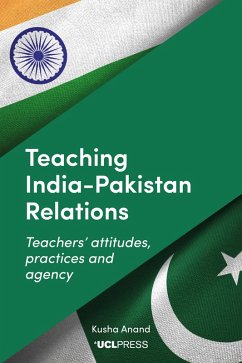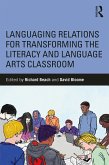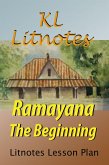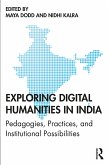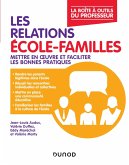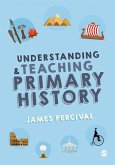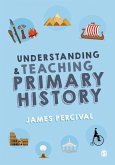The rivalry between India and Pakistan began on British withdrawal from the British Indian Empire in 1947, and with the sudden partition of India immediately afterwards. It has proven remarkably resilient. While the countries share a long history and have considerable social-cultural affinity, relations since Partition have been marked by three wars, constant border skirmishes and a deep distrust that permeates both societies. In each, teaching about those relations is weighted with political and cultural significance, and research shows that curriculums have been used to shape the mindset of new generations with regard to their neighbouring state.
This book explores the attitudes and pedagogical decision-making of teachers in India and Pakistan when teaching India-Pakistan relations. Situating teachers in the context of reformed textbooks and curriculums in both countries that explicitly advocate critical thinking and social cohesion, Kusha Anand explores how far teachers have enacted these changes in their classrooms. Based on data collected from teachers via semi-structured interviews and classroom observations in India and Pakistan she argues that, despite whole-nation policies and texts, teaching of India-Pakistan relations is dependent on the socio-economic status of schools. While there is progress towards the stated goals, teachers in both countries face pressures from the interests of school and state, and often miss opportunities to engage with multiple perspectives and stereotypes in their classrooms.
Praise for Teaching India-Pakistan Relations
'This book reflects a deep appreciation for historical complexity'
National Identities
This book explores the attitudes and pedagogical decision-making of teachers in India and Pakistan when teaching India-Pakistan relations. Situating teachers in the context of reformed textbooks and curriculums in both countries that explicitly advocate critical thinking and social cohesion, Kusha Anand explores how far teachers have enacted these changes in their classrooms. Based on data collected from teachers via semi-structured interviews and classroom observations in India and Pakistan she argues that, despite whole-nation policies and texts, teaching of India-Pakistan relations is dependent on the socio-economic status of schools. While there is progress towards the stated goals, teachers in both countries face pressures from the interests of school and state, and often miss opportunities to engage with multiple perspectives and stereotypes in their classrooms.
Praise for Teaching India-Pakistan Relations
'This book reflects a deep appreciation for historical complexity'
National Identities
Dieser Download kann aus rechtlichen Gründen nur mit Rechnungsadresse in A, D ausgeliefert werden.

